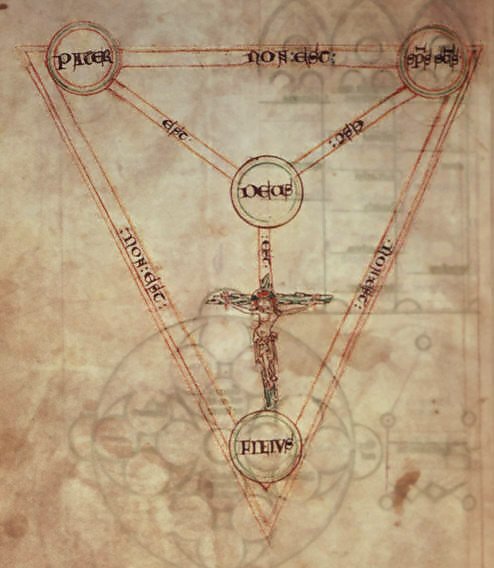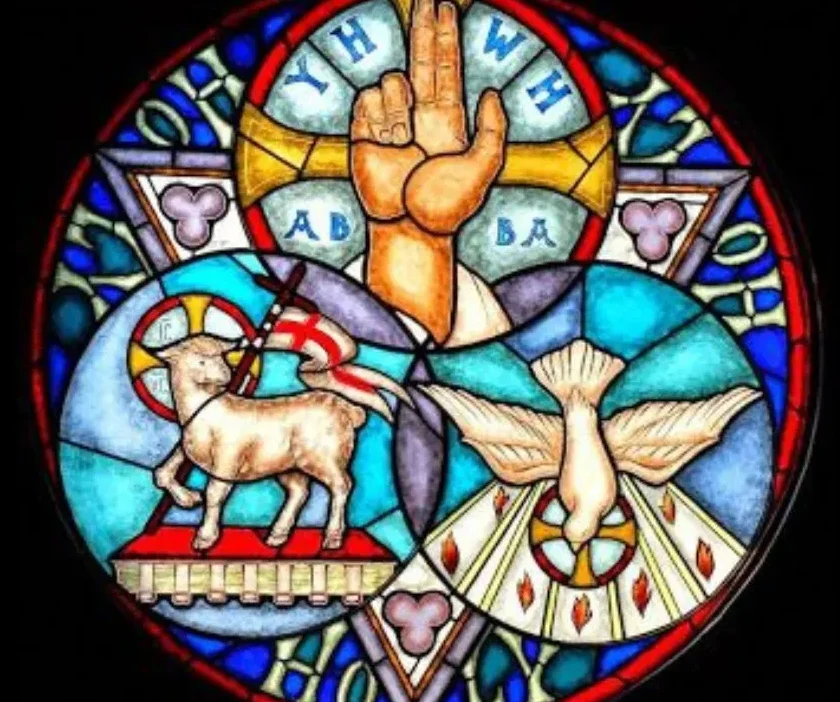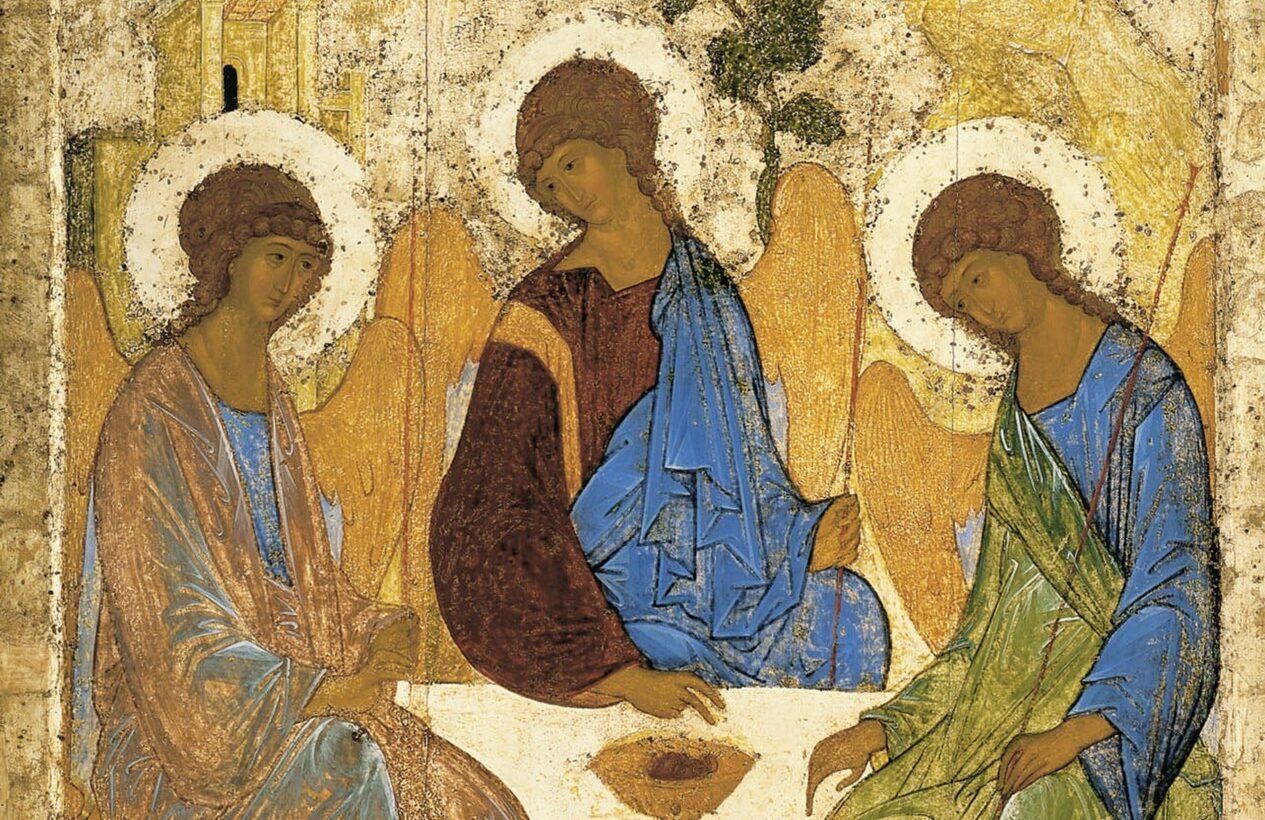#Values: Values are definitions of what we hope will identify us. These articles are primarily intended for those who wish to join us in this project—whether through prayer, donation, or collaboration.
He is the Lord and foundation of the Church, the center of our love and faithfulness. In Him we are united by love, in a deep relationship with the Father, the Son, and the Holy Spirit.
Beta Values #2: Jesus Christ, the Center
The late Cambridge professor, theoretical physicist, and Anglican priest John C. Polkinghorne affirmed that both physical and spiritual reality are deeply relational. In this sense, he drew a parallel between quantum entanglement and the Trinity—two mysterious realities. Just as entangled particles are distinct yet remain united in an inseparable bond, the persons of the Trinity—Father, Son, and Holy Spirit—are distinct, yet exist in perfect unity.
This kind of comparison may seem abstract, but it seeks to illustrate the depth of the divine mystery, which is not irrational. This is one of the most difficult aspects of the Christian faith to explain—but if the world is complex, how much more so its Creator? To approach this reality, we might consider an everyday example: the family. Genesis 2:24 says: “That is why a man leaves his father and mother and is united to his wife, and they become one flesh.” Just as marriage, in its ideal form, is a unity composed of two persons, God is a unity composed of three persons. In this sense, we could say that God is, in Himself, a community of love.
Biblical language reinforces this idea by referring to God as Father, Son, and Holy Spirit. Although God is not masculine in essence, biblical revelation has been expressed in terms that humanity could understand within its historical context. However, this does not mean that God reflects the distortions of fatherhood present in many human experiences. For those who have suffered the absence, abuse, or inconsistency of an earthly father, the image of God as Father is radically different: He is a perfect and loving Father, not merely a sovereign God.
This is the Christian vision of God: more than a distant sovereign, He is love in His very essence. Even before creating us, God already loved within the eternal relationship of the Trinity.
There is something in a Trinitarian God that constantly breaks through to us, in spite of us.
— William H. Willimon, This We Believe
God—Father, Son, and Holy Spirit—leads a redeemed people into fellowship to share in His activities and carry out His purposes.
— Free Methodist Church Book of Discipline, 2023
At its core, Wesley’s theology centers on the relationship between love and grace: love as the governing attribute of God and as the content and goal of the Christian life; and grace as the action of God that enables people to receive and grow into a new life of love.
I pray that they will all be one, just as you and I are one—as you are in me, Father, and I am in you. And may they be in us so that the world will believe you sent me. I have given them the glory you gave me, so they may be one as we are one. I in them and you in me—may they experience such perfect unity that the world will know that you sent me and that you love them as much as you love me… I have revealed you to them, and I will continue to do so. Then your love for me will be in them, and I will be in them.
— John 17:21–23, 26 (NLT)
We believe in the power of the Holy Spirit. The Father sent His Spirit to bear witness to His Son; without His testimony, ours is useless.
— The Lausanne Covenant



